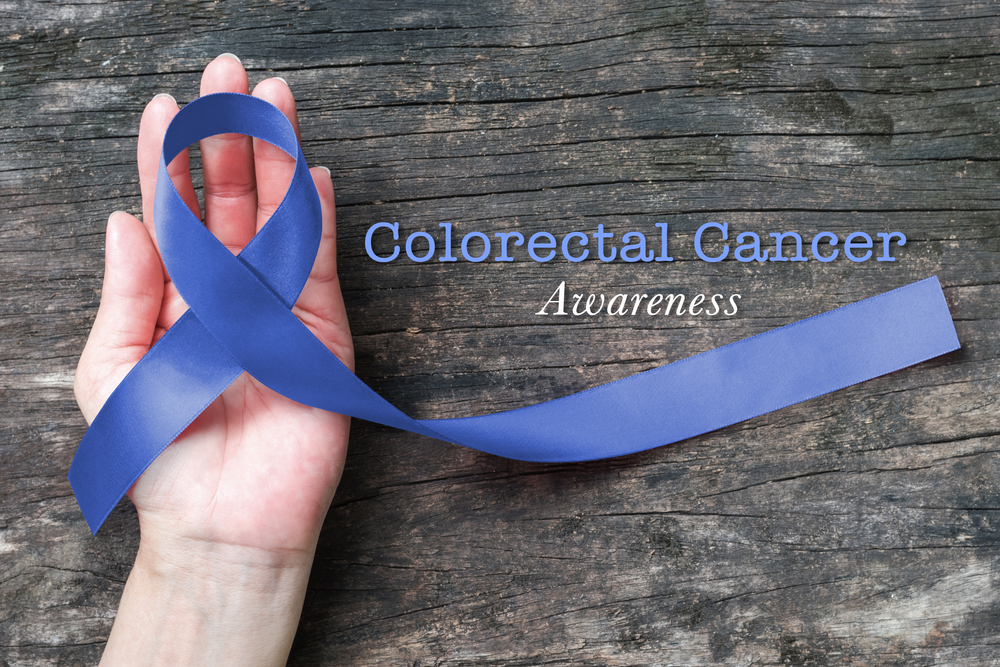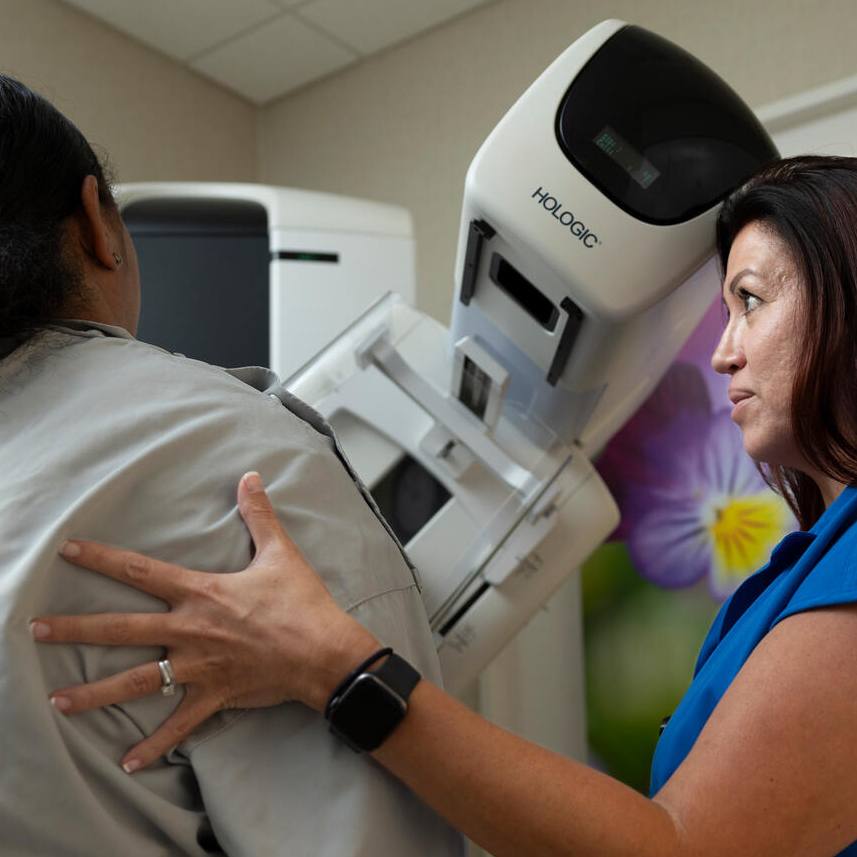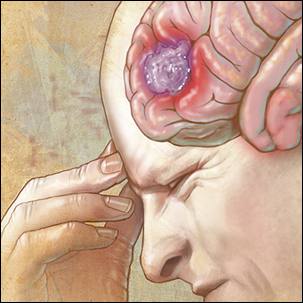-
Cancer
Consumer Health: Colorectal cancer — risk factors and prevention

March is Colorectal Cancer Awareness Month, which makes this a good time to learn about the risk factors for colorectal cancer and what you can do to prevent it.
Cancer in the colon and cancer in the rectum often are referred to together as colorectal cancer. Approximately 106,970 new cases of colon cancer and 46,050 new cases of rectal cancer will be diagnosed in the U.S. in 2023, according to the American Cancer Society. Excluding skin cancers, colorectal cancer is the third most common cancer diagnosed in both men and women in the U.S.
Risk factors
The risk factors that can increase your risk of these cancers include:
- Older age
Colorectal cancer can be diagnosed at any age, but most people with this type of cancer are older than 50. - African American descent
African Americans have a greater risk of colorectal cancer than people of other races. - A personal history of colorectal cancer or polyps
Your risk of colorectal cancer is higher if you've already had rectal cancer, colon cancer or adenomatous polyps. - Inflammatory bowel disease
Chronic inflammatory diseases of the colon and rectum, such as ulcerative colitis and Crohn's disease, increase your risk of colorectal cancer. - Inherited syndromes
Genetic syndromes passed through generations of your family can increase your risk of colorectal cancer, including familial adenomatous polyposis and Lynch syndrome. - Family history of colorectal cancer
You're more likely to develop colorectal cancer if you have a blood relative who has had the disease. If more than one family member has had colon cancer or rectal cancer, your risk is even greater. - Low-fiber, high-fat diet
Colorectal cancer may be associated with a typical Western diet, which is low in fiber; high in fat and calories; and high in red meat, particularly when the meat is charred or well done. - A sedentary lifestyle
People who are inactive are more likely to develop colorectal cancer. Getting regular physical activity may reduce your risk. - Diabetes
People with poorly controlled Type 2 diabetes may have an increased risk of colorectal cancer. - Obesity
People who are obese have an increased risk of colorectal cancer and an increased risk of dying of the disease when compared with people considered normal weight. - Smoking
People who smoke may have an increased risk of colorectal cancer. - Drinking alcohol
Regularly drinking more than three alcoholic beverages a week may increase your risk of colorectal cancer. - Radiation therapy for previous cancer
Radiation therapy directed at the abdomen to treat previous cancers may increase your risk of colorectal cancer.
Prevention
You can take steps to reduce your risk of colorectal cancer by making changes in your everyday life. Lifestyle choices, such as eating a healthy diet including a variety of fruits, vegetables and whole grains; drinking alcohol in moderation, if at all; not smoking and stopping if you already smoke; exercising most days of the week; and maintaining a healthy weight, all can reduce your risk of colorectal cancer.
Also, people with an average risk of colon cancer should consider colon cancer screening around age 45, according to the U.S. Preventive Services Task Force. But people with an increased risk, such as those with a family history of colon cancer, should consider screening sooner. How long you should continue regular colon cancer screening will depend on your age and whether your screenings have been negative throughout.
Connect with others talking about living with colorectal cancer in the Colorectal Cancer support group on Mayo Clinic Connect, an online patient community moderated by Mayo Clinic.







